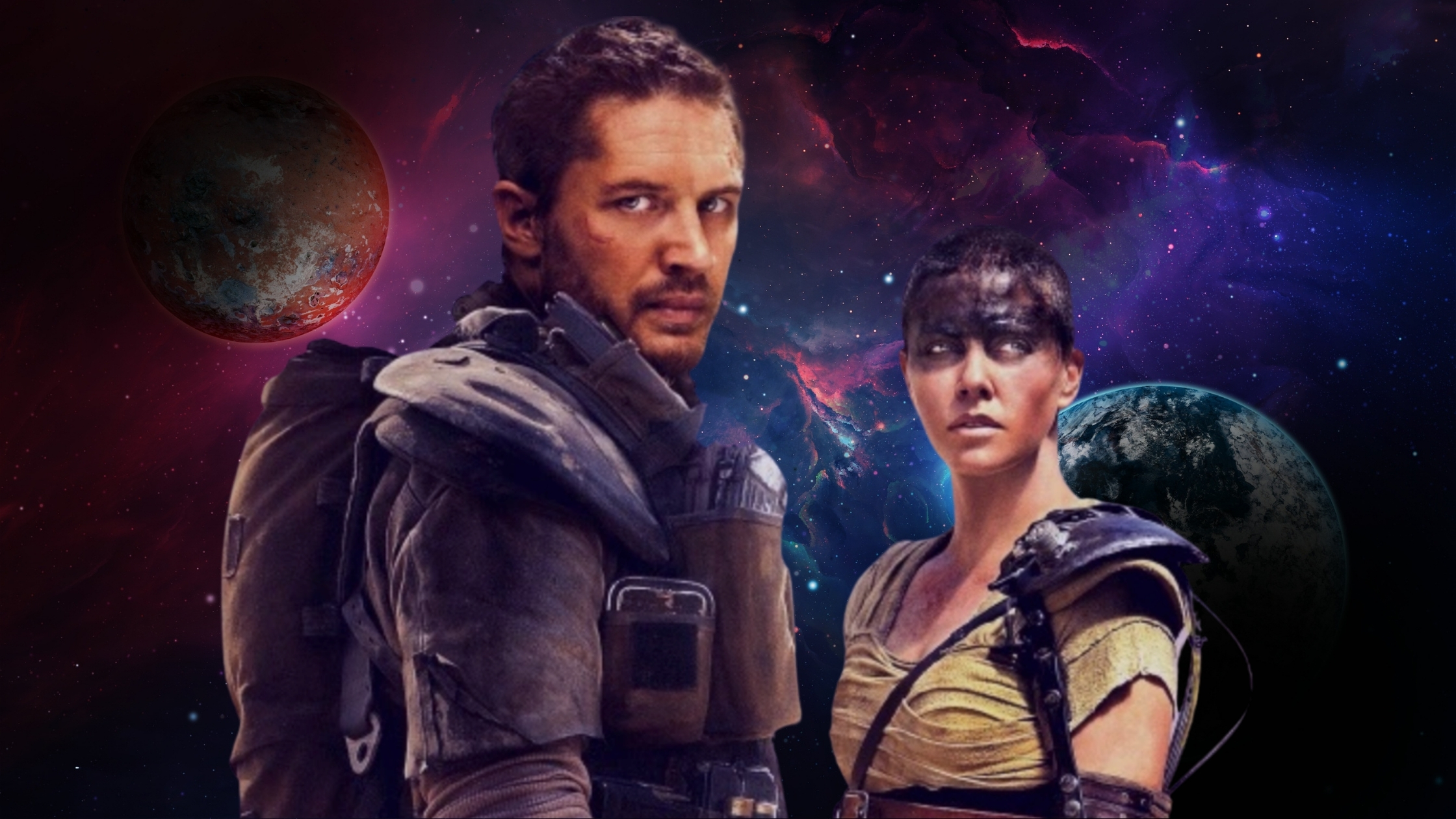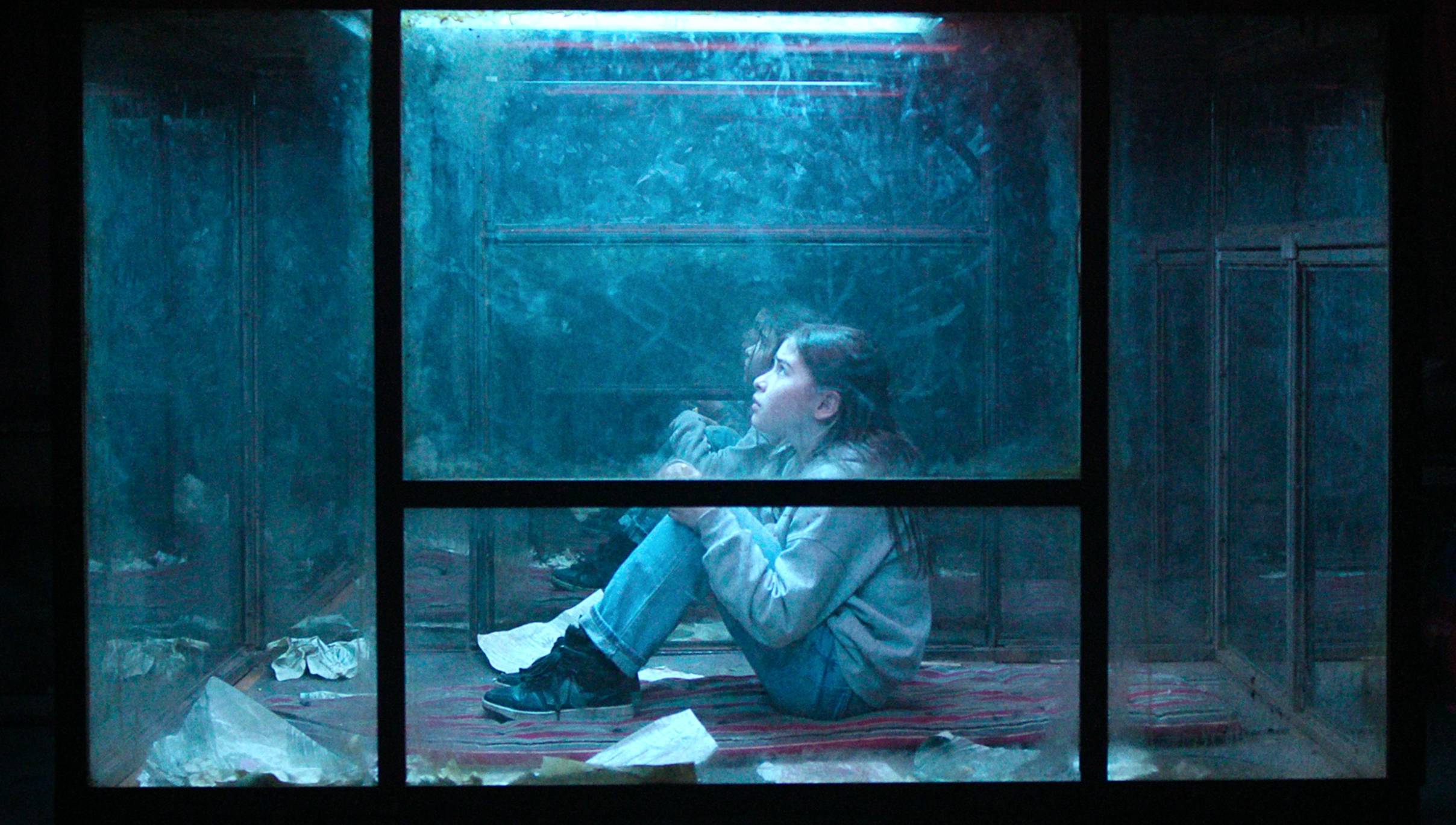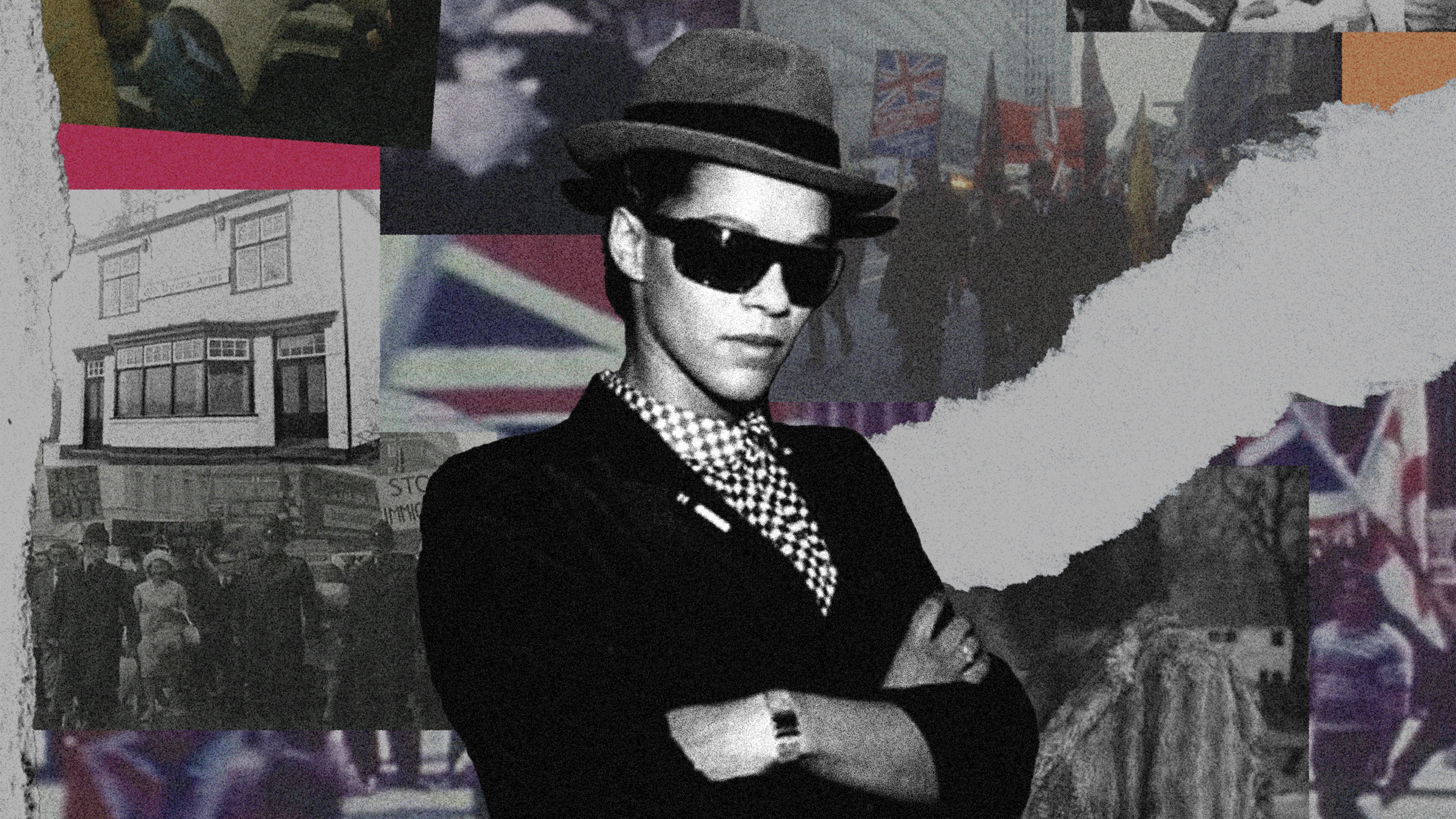The best sci-fi movies with a message.
It’s not about space and science. It’s about the philosophy of human nature.

The best sci-fi is not about space, lasers, robots, or aliens. I mean, science fiction heavily features those things, but it isn’t really about any of those genre trappings. Science fiction as a genre is not so much about predicting our futures or presenting coherent models for alternate realities as it is about exploring our own reality through metaphor and allegory. Sure, the mode of speculative fiction uses futurism as a means to explore challenging concepts, but it’s those concepts that define science fiction, not the tropes that make the surface dressing of the genre. That’s why the best science fiction has more on its mind than the obvious. Here are some of the best sci-fi movies to get stuck in the wrinkles of your brain.
2001: A Space Odyssey (1968)
Stanley Kubrick’s collaboration with renowned sci-fi author Arthur C. Clarke is lauded as one of cinema’s greatest achievements for good reason. 2001: A Space Odyssey is a surreal experience that was unlike anything that had preceded it, embracing a level of realism that science fiction films had thus far eschewed for pulpy adventure. But through the span of three acts examining humanity’s pre-history, its future, and its post-human evolution, the film raises a collage of questions about human existence. Are we gods unto ourselves with our ability to create computer intelligence? Are we primitives dabbling with forces beyond our comprehension in the vast reaches of space? These questions prove impossible to answer, only to be interpreted through an avant-garde deconstruction.
Alien (1979)
Ridley Scott’s Alien is a bleak, nasty film about how capitalism places profit toward violent ends over the lives of individuals who enable that profit. Following a crew of working-class shipping personnel contractually goaded into investigating a mysterious signal they have no stake in, Alien rather blatantly deconstructs the worker-employee relationship by subjecting the crew to violations of their bodily autonomy by a phallic creature that procreates through forcible impregnation and bloody destruction of its host. Sure, it’s a horror movie set in space, but the horror is grounded in a lot more than H.R. Giger’s brilliant monster design and Scott’s dark and grimy atmosphere. It doesn’t take much digging to see the philosophical perspective in his vicious little genre hybrid.
Blade Runner (1982)
Yes, Ridley Scott does deserve two spots on this list, as Blade Runner – and more specifically, The Final Cut – is a masterpiece exploring memetic identity and questioning what it means to be alive. In exploring the stratification of synthetic replicants as a slave class in contrast to the visually indistinguishable human race, this loose adaptation of Philip K. Dick’s Do Androids Dream of Electric Sheep? posits the question of how we'd engage with artificial creations who live and breathe as we do. The obvious allegory is to how society treats racial and sexual others, which only becomes more complicated by the realization that our main character might not even be human himself. But does that change his humanity, or does it expose the arbitrary restrictions we place by empathizing with only what we consider “human”?
Jurassic Park (1993)
Jurassic Park is a popular film that spawned a franchise because of our innate fascination with the literal monsters that preceded us on Earth, but it can be easy to forget that the core conceit of the film is a question of scientific ethics. As Dr. Ian Malcolm bluntly states, “Your scientists were so preoccupied with whether or not they could, they didn’t stop to think if they should.”
Life is an inherently messy biological function. Humanity's hubris — that it is divorced enough from nature to bend it entirely to our will — is the core of Jurassic Park’s ethos. Whether it’s the greed of a disgruntled employee or the careless use of frog DNA that undercuts efforts to stymie reproduction, there will always be factors that derail plans for human control of forces they cannot collectively master.
Ghost in the Shell (1995)
Similar to Blade Runner, the animated classic Ghost in the Shell is interested in questions of identity, but it explores them less societally and more introspectively. As a cyborg whose parts are interchangeable and whose brain is irrevocably intertwined with machine enhancement, Motoko Kusanagi has to come face to face with the possibility that she might not even be alive, that her existence as a person with thoughts and feelings might just be an illusion given continuity by ones and zeroes.
Get the What to Watch Newsletter
The latest updates, reviews and unmissable series to watch and more!
The film asks what it even means to be alive, and whether the next step in human evolution is to embrace the mechanical and leave the individual self behind with our biology. It’s a story that results in Motoko’s discovery of a new sense of self, crossing the boundary into post-human thought.
The Matrix (1999)
The Wachowskis created the ultimate "fight the system" movie with The Matrix — so successful that it was widely embraced by a majority of its audience. Its seemingly paranoid interpretation of the world as a place out to keep the individual down, for the sake of social control, is based on concerns over the erasure of minority identities. The more recent revelation that the Wachowskis are themselves transgender women only further cements this reading, so while the film was revolutionary in developing its special effects and visual style, it was also advocating a revolution of self-acceptance in the face of oppressive erasure. Somehow that feels more relevant now than it did even in 1999.
Snowpiercer (2013)
If there’s one thing that director Bong Joon-ho loves to deconstruct in his films, its class stratification. Snowpiercer is a blunt and brutal allegory for how the wealthy manipulate and develop systems with the explicit purpose of keeping the poor and powerless down — despite those poor having superior numbers.
Set on a train circumnavigating a post-apocalyptic world, where the poor literally eat the waste and scraps from the cars with the resources to make their own food, this film makes no bones about how social indoctrination and state-sanctioned violence are the mechanisms by which those at the head of the train hold on to their power. All as the engine of society chugs along in circles and our own personal hell freezes over.
The Martian (2015)
Few science fiction films are as explicitly hopeful for the future of humanity as Ridley Scott’s The Martian, although you might not think so from the initial premise. On a mission to Mars, a severe dust storm forces the crew to flee the planet, but not without suffering a casualty. Unfortunately, that casualty, played by Matt Damon, is not as dead as they’d assumed, and he is left alone on a planet with any natural supply of air, food, or water. Damon gives a charismatic performance, which is a feat for anyone acting in isolation. He's supported by a great ensemble cast (including Jessica Chastain, Jeff Daniels, and Sean Bean) that sells a humanist tale of rival nations banding together to save one man’s life. Ultimately, this is a film about the power of global cooperation and what can be achieved through a unified scientific vision.
Mad Max: Fury Road (2015)
It’s hard to think of a more complete package than Mad Max: Fury Road. Gorgeous post-apocalyptic aesthetic as delivered through some of the most iconic cinematography of the decade? Check. Hardcore action that rarely lets up? Check. Stirring feminist narrative about reclaiming a world destroyed by the death cult of toxic masculinity? Check, check, check. From Charlize Theron’s and Tom Hardy’s instantly iconic portrayals of Furiosa and Max to writer-director George Miller’s incredible ability to convey so much world-building and emotional nuance with so little dialogue, this really is one of the all-time greats.
Annihilation (2018)
Self-identity has been a common theme on this list, but Annihilation asks a more specific and perhaps more existentially horrifying question than the other entries. What if going through a personal change, a traumatic experience, no longer makes you you? This is literalized in the film by a localized “shimmer” where animal and plant life is transformed by an unknown alien presence, but the theme the film explores through the losses and tragedies of the women who explore The Shimmer ultimately arrives at the revelation that our traumas are interconnected, that we leave imprints on one another to the point where who we used to be is annihilated in the face of what we must become. There is an interweaving of tragic beauty in this realization, that we all hurt, but we are not alone in hurting. We become someone new through our pain, and that is terrifying. But it’s also human.
Leigh Monson has been a professional film critic and writer for six years, with bylines at Birth.Movies.Death., SlashFilm and Polygon. Attorney by day, cinephile by night and delicious snack by mid-afternoon, Leigh loves queer cinema and deconstructing genre tropes. If you like insights into recent films and love stupid puns, you can follow them on Twitter.











